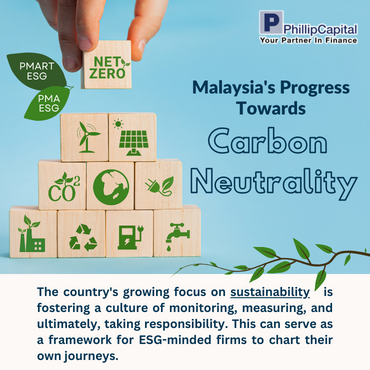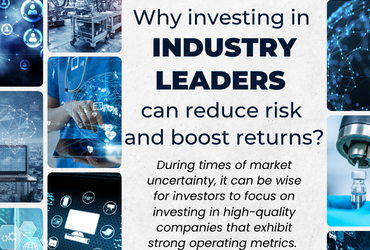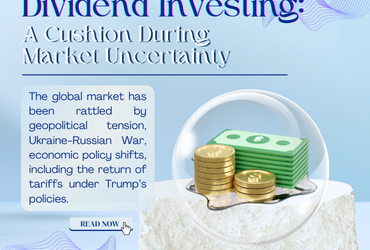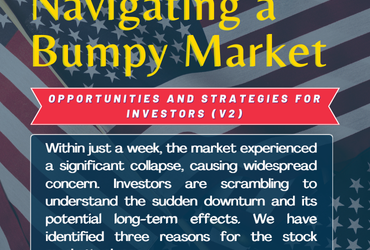
According to a recent report by MSCI Inc., the percentage of public companies disclosing Scope 3 emissions has risen to 35%, a 5% increase since October last year. Additionally, almost half of these companies (44%) have established decarbonisation targets, which is 8% higher compared to last year’s figures. We have seen the number of global public companies making climate commitments has steadily grown this year. In addition to that, the increasing disclosure of emissions data by public companies is a favourable trend towards greater transparency.

What are the Scopes of Emissions?
Introduced in 2001, the Corporate Standard of the GHG Protocol categorises emissions into three scopes that cover various aspects of production and consumption processes. The GHG Protocol is a widely acknowledged framework for measuring and managing greenhouse gas emissions (GHG), offering guidelines and standards for organisations to report and quantify their emissions. It is commonly utilised by corporations, governments, and other entities for greenhouse gas accounting and reporting purposes.
Scope 1 emissions are emissions directly produced by sources owned or controlled by a company. These include stationary emissions from fuel combustion in boilers, heaters, and furnaces; mobile emissions from company-owned vehicles that burn fuel; fugitive emissions from gas leaks in air conditioning units and refrigerators; and process emissions from industrial processes.
Scope 2 emissions are emissions that occur indirectly as a result of a company’s use of purchased energy for heat, cooling, electricity, or steam. These emissions are generated at the location where the energy is produced. Similar to Scope 1 emissions, Scope 2 emissions pertain to resources that are under the ownership or control of the company.
Scope 3 emissions cover indirect emissions that occur throughout the entire value chain, originating from activities that are beyond the company’s ownership or control. These emissions include both upstream activities, such as travel, employee commuting, waste disposal, transportation, and distribution, as well as downstream activities such as running of franchises, the usage of sold products and their end-of-life treatment. Unlike Scope 1 and 2 emissions, companies have the option to choose whether or not to report their Scope 3 emissions.
Critics argue that not reporting Scope 3 emissions can lead to investors making uninformed investment and voting decisions, as these emissions are usually the largest. The categorisation of emissions into these scopes enables companies to focus their efforts on reducing their carbon footprint and working towards carbon neutrality.
Malaysia’s context
Malaysia has set forth a progressive goal to attain carbon neutrality by 2050 and to cut its greenhouse gas (GHG) intensity against Gross Domestic Product (GDP) by 45% by 2030. The nation is actively working towards achieving this ambition and implementing measures to reduce its carbon footprint. To support its ambition of achieving carbon neutrality by 2050, Malaysia has established five key pillars. These pillars focus on the deployment of renewable energy (RE), effective management of carbon emissions, water, and waste, the development of sustainable cities, and the acceleration of the green economy.
Maybank and CIMB took the lead as one of the pioneering banks in Malaysia to establish a Scope 3 financed emissions baseline. This crucial step allows them to develop transition plans aimed at attaining the overall target of achieving net zero greenhouse gas (GHG) emissions by 2050. Both banks are actively taking measures to align their operations with sustainable practices and contribute to a low-carbon future. For banks, financed emissions are indirect emissions related to loans, underwriting, investments and any other financial services.
And fresh from the oven last week, as part of a recent policy review aimed at facilitating the growth of the energy industry, the Malaysian government has lifted the ban on the export of renewable energy (RE). Reversing the ban will help firms build renewable power generation capacity on a larger scale and take advantage of high demand from neighbouring countries. Additionally, the government has revised its 2050 target for RE generation capacity, increasing it from 40% to 70% of the nation’s total. This means that Malaysia will need to more than double its future installation of RE compared to previous projections. Currently, Malaysia’s energy generation capacity comprises 20% from renewable sources like solar and hydro power.
Malaysia’s aim to achieve carbon neutrality by 2050 demonstrates its dedication to becoming a leading force in regional decarbonisation. The country’s growing focus on sustainability is fostering a culture of monitoring, measuring, and ultimately, taking responsibility. This can serve as a framework for ESG-minded firms to chart their own journeys. This will also bolster the country’s attractiveness as a destination for investment and business and attract quality Foreign Direct Investment (FDI) into the country. Furthermore, when foreign investors support projects that promote ESG, host countries can reap the benefits of industry-specific expertise, technology transfer, and job creation in sectors that contribute to environmental and social progress.
Phillip Managed Account for Retirement (PMART) ESG and Phillip Managed Account (PMA) ESG
PhillipCapital Malaysia offers discretionary portfolio that invests in stocks with high ESG ratings from the F4GBM and F4GBMS Indices, namely PMART ESG and PMA ESG. There are both conventional and Shariah options available. PMART ESG and PMA ESG are suitable for investors who want to optimise the risk-adjusted return by constructing a diverse sustainable portfolio of ESG companies. To access the list of stocks in which we have invested, kindly click on the link provided.
Please click on the link to learn more or email us at cse.my@phillipcapital.com.my if you require any further information.
Disclaimer:
The information contained herein does not constitute an offer, invitation or solicitation to invest in Phillip Capital Management Sdn Bhd (“PCM”). This article has been reviewed and endorsed by the Executive Director (ED) of PCM. This article has not been reviewed by The Securities Commission Malaysia (SC). No part of this document may be circulated or reproduced without prior permission of PCM. This is not a collective investment scheme / unit trust fund. Any investment product or service offered by PCM is not obligations of, deposits in or guaranteed by PCM. Past performance is not necessarily indicative of future returns. Investments are subject to investment risks, including the possible loss of the principal amount invested. Investors should note that the value of the investment may rise as well as decline. If investors are in any doubt about any feature or nature of the investment, they should consult PCM to obtain further information including on the fees and charges involved before investing or seek other professional advice for their specific investment needs or financial situations. Whilst we have taken all reasonable care to ensure that the information contained in this publication is accurate, it does not guarantee the accuracy or completeness of this publication. Any information, opinion and views contained herein are subject to change without notice. We have not given any consideration to and have not made any investigation on your investment objectives, financial situation or your particular needs. Accordingly, no warranty whatsoever is given and no liability whatsoever is accepted for any loss arising whether directly or indirectly as a result of any persons acting on such information and advice.







